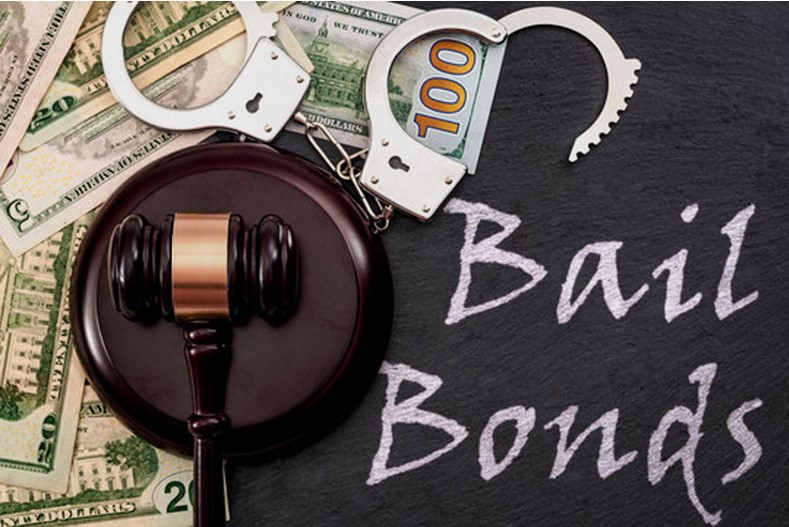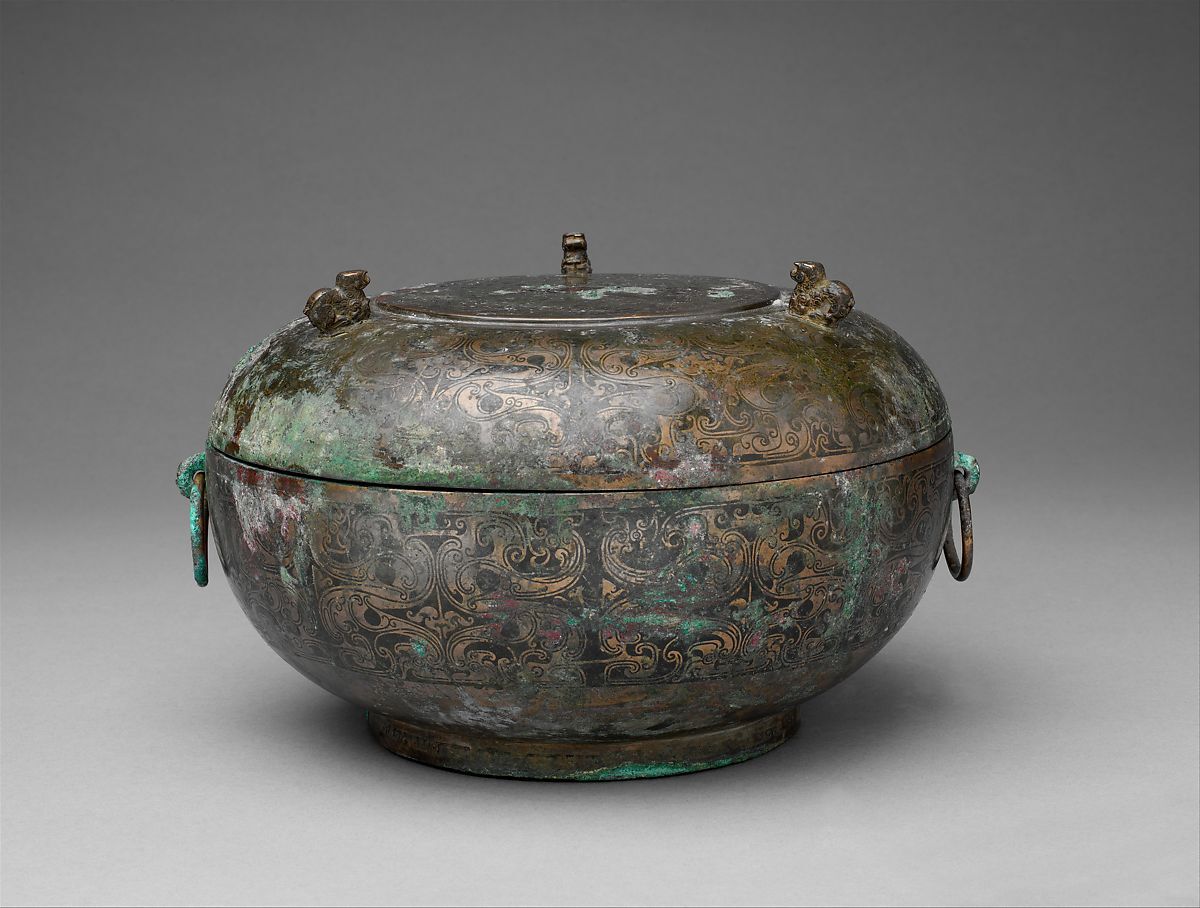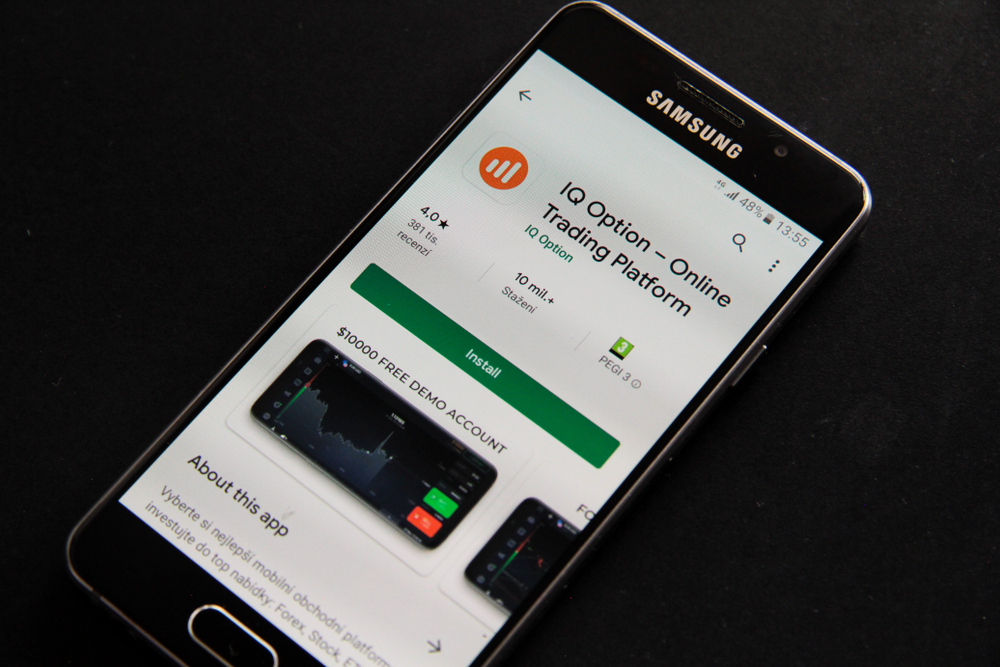Few things can be worse than getting arrested for a crime that you did not commit. When a person is taken into police custody, he cannot think straight as his fears engulf his capability to judge a situation promptly. His friends or relatives must come forward and provide him with all the supports he requires. The defendant should opt for bail and get out of the prison system as soon as possible. But many do not know what to do or whom to contact when they suddenly find themselves in a crisis.
If you are in California, getting a bail bond will be a piece of cake for you with the assistance of a Sacramento bail bondsman. Not only bonds but these businesses also offer additional legal support in the post-bail process and are available 24 hours a day. Continue reading this article to learn more about the steps that one needs to go through to get out of jail before trial.
Arraignment: It is the first formal court appearance of the person arrested. If you are arrested, you have the right to be arraigned within two court days to avoid any delay. Furthermore, a lawyer is to be appointed if you cannot afford one.
- In some cases, you can plead nolo contendere (no contest), which is similar to a guilty plea but cannot be used against you in a non-criminal case that does not include a felony.
- Consult your bail bondsman and attorney before entering any plea deal. Some counties have rehabilitation programs for non-violent criminals designed to avoid jail time and fines. For example, Sacramento has a drug court program that involves counseling and completing a drug treatment program. A probation officer monitors program compliance and provides progress reports to the court. At the culmination of the program, the charges are dropped.
- If charges are not dropped, and you do not enter a plea, a trial date will be fixed after the preliminary hearing. However, you can change your plea decision, or charges can be dismissed based on further investigation, before a proposed trial.
Preliminary Hearing: Within 10 court days of the arraignment, the district attorney’s office is required to present evidence to prove a reasonable suspicion that you committed the act. The judge will only bring you to trial if they are convinced that there is sufficient evidence that incriminates you. Either they drop the charges against you, or a jury trial date is set.
All About Arrest Records: The California Department of Justice keeps arrest records of the defendants. These records are legally accessible by law enforcement and licensing agencies that have the right to investigate your criminal background. The arrest record includes the time, location of and reason for the arrest.
- If you are acquitted and do not have a past criminal history of domestic abuse, you can legally seal the arrest record. After this, it will not show up on criminal background checks, and thus you will not face any issues with employment or education.
- All related official documents including collected fingerprints, booking photos, RAP sheet entries, and police reports will be deleted.
Make sure your loved ones do not spend time in prison without reason! Hire a trusted, efficient bail bondsman now and avoid legal hiccups.











